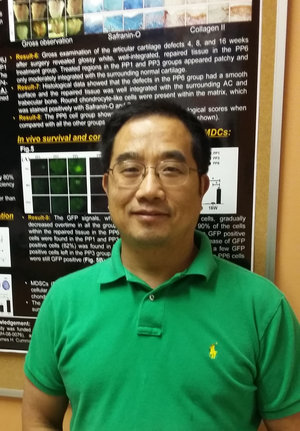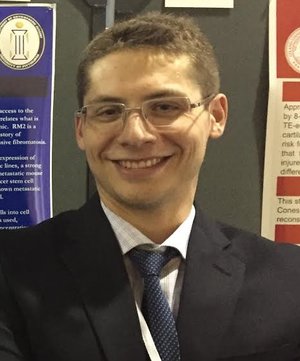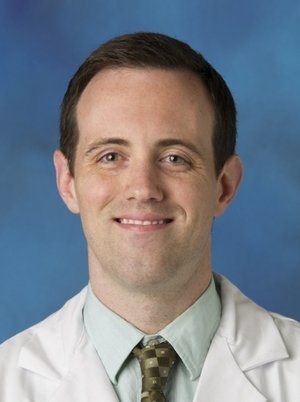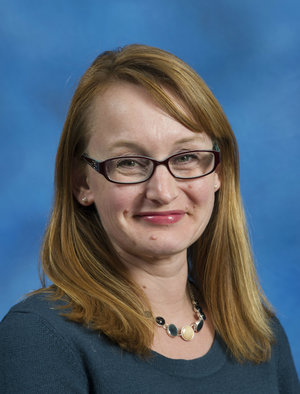OUR TEAM

Ken Urish MD, PhD
Ken Urish MD PhD is a fellowship trained Adult Reconstructive and Arthroplasty Orthopedic Surgeon. He completed his fellowship at the Massachusetts General Hospital and was an Instructor at Harvard Medical School. As an Associate Medical Director at the Magee Bone and Joint Center, his practice focuses on primary and revision hip and knee arthroplasty (joint replacement). He has extensive experience with minimally invasive techniques, robotic surgery, and managing complications from failed or painful hip and knee replacements.
Dr. Urish is Director of the Arthritis and Arthroplasty Design Laboratory. Funded by the National Institute of Health, the group’s focus is on early arthritis prevention and optimizing joint replacement outcomes. He has published more than 50 articles, book chapters, and abstracts. He is actively involved in medical student, resident, fellow, and engineering graduate student education. He is considered an expert on robotic surgery, implant infection, corrosion, and optimizing joint replacement outcomes in the active adult.
Originally from the Pittsburgh area, he graduated with honors from Penn State with a degree in Chemical Engineering and completed medical school at the University of Pittsburgh, both, under full scholarship. His PhD is in Bioengineering at the University of Pittsburgh where his research focused on using adult stem cells for regenerative medicine. He completed residency in Orthopaedic Surgery at Penn State. He holds additional appointments with the University of Pittsburgh Department of Bioengineering, Clinical & Translational Science Institute, and Carnegie Mellon University Department of Biomedical Engineering.

Dongzhu Ma MD, PhD
Dongzhu Ma’s current research is focused on periprosthetic joint infection (PJI). PJI is one of the most severe complications in arthroplasty procedures. Biofilm has a high tolerance to antibiotics. Bacterial persisters play an important role in the formation of biofilm and may escape the effects of antibiotics without undergoing genetic change, but they do not grow in the presence of antibiotics. Toxin-antitoxin (TA) systems are involved in biofilm formation and persisters cell formation. These systems may be important regulators of the switch from the planktonic to the biofilm lifestyle as a stress response by their control of secondary messenger. Dongzhu Ma’s research looks at bacterial persisters regulated by TA systems providing biofilm with high antibiotic tolerance.

Jon Mandell
Jon Mandell received undergraduate degree in Microbiology from the University of Pittsburgh which provides him with a basic science foundation from multiple fields including microbial physiology, biochemistry, and genetics. He has worked as a research technician for five years and he is proud to now be a part of the Department of Orthopaedic Surgery where he works simultaneously on projects investigating sarcoma metastasis and staph aureus infections. Jon Mandell has recently been applying his staph infection work into thesis research as a part-time graduate student in Infectious Disease and Microbiology at the School of Public Health. Jon’s work to date has concerned the bactericidal efficacy of engineered antimicrobial peptides in killing staph aureus in vitro, and treating periprosthetic joint infection (PJI) using a mouse model.

Patrick Maher
Patrick Maher studied electrical engineering and computer science at MIT. After college, he worked as an engineer in oilfield services for Schlumberger based in Houston, Texas. He returned to MIT to complete a master’s degree in electrical engineering and computer science before attending Weill Cornell Medical School in Manhattan. His research interests include peri-prosthetic joint infection and engineering of prosthetic joint replacement systems.

Jessica Tebbets
ALUMNI
These people have worked with us before.
Karthik Narayanan
Medical School
Blake Nourie
Medical School
Olivia Nourie
Graduate School
